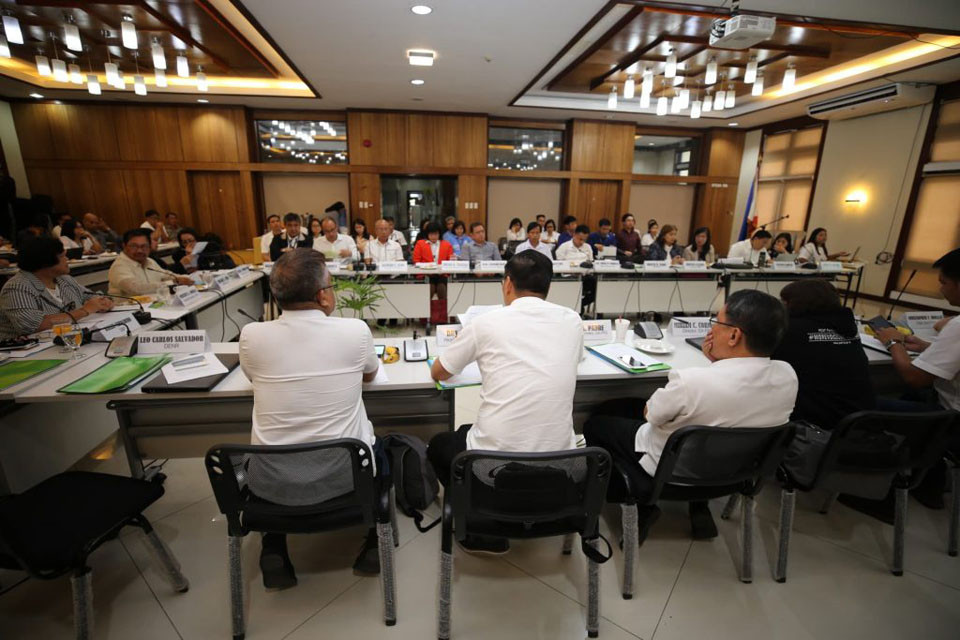
“The spirit of the law is to assist the rice farmers increase their productivity,” Agriculture Secretary Manny F. Piñol stressed during the meeting of the Program Steering Committee (PSC) of the Rice Competitiveness Enhancement Fund (RCEF) or Rice Fund.
The meeting held at the Agricultural Training Institute on July 22, 2019 served as a venue for discussion of issues and concerns relative to the release of the RCEF.
The Secretary reminded all the members to refer back to the reason why the Rice Trade Liberalization Law was created. He also urged the group to work fast and streamline the process.
“The farmers are expecting the interventions, and we must deliver and so you have to work fast on this,” Piñol said as he reminded everyone the start of the planting season.
Following reports of the plunging rice price especially in the Luzon area, the secretary directed the immediate conduct of an in-depth study and analysis on the current market prices of the staple.
As such, he instructed Assistant Secretary-Designate for Operations, Agribusiness, and Marketing Andrew B. Villacorta to organize consultative meetings with the stakeholders to identify appropriate actions to address the issue.
“The situation could worsen if we don’t deliver our commitment. For now, there is so much unrest among farmers especially in Luzon, kaya hindi puwedeng hindi tayo magdeliver,” Piñol reiterated.
The PSC is composed of representatives from concerned government agencies such as the DA, National Economic and Development Authority, Department of Finance, Land Bank of the Philippines, and the Technical Education and Skills Development Authority, among others.
Through the Rice Trade Liberalization Law, P10 billion will be allocated to the Rice Fund annually for six years on top of the DA regular fund for the Rice Program. The Rice Fund will be used for rice farm machinery and equipment (50%), rice seed development, propagation, and promotion (30%), expanded rice credit access (10%), and rice extension services (10%). ### (Gumamela Celes Bejarin, DA-AFID)













